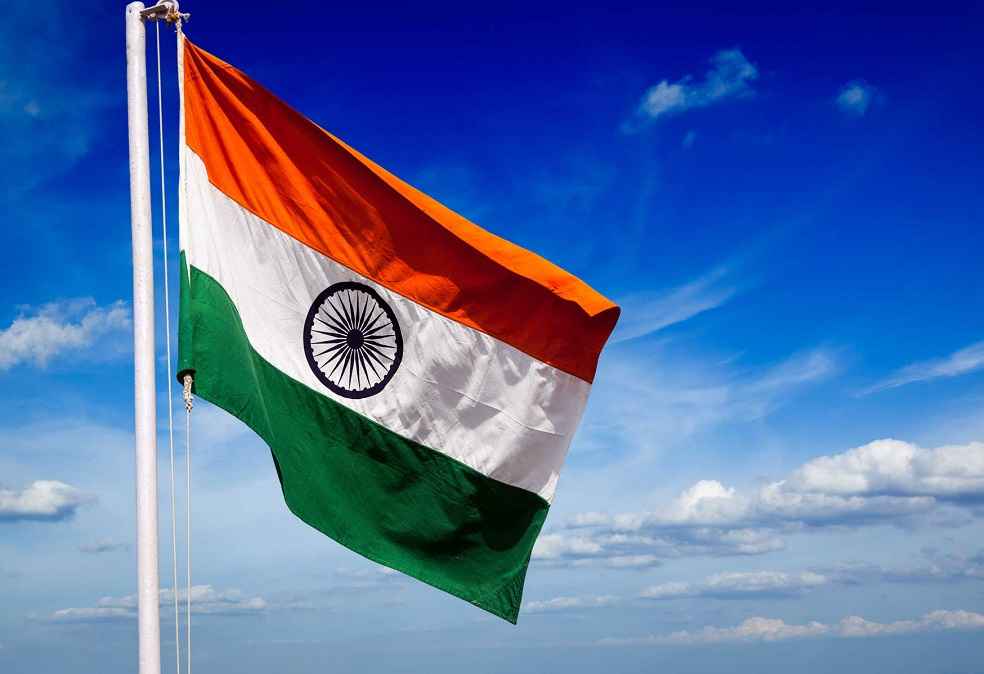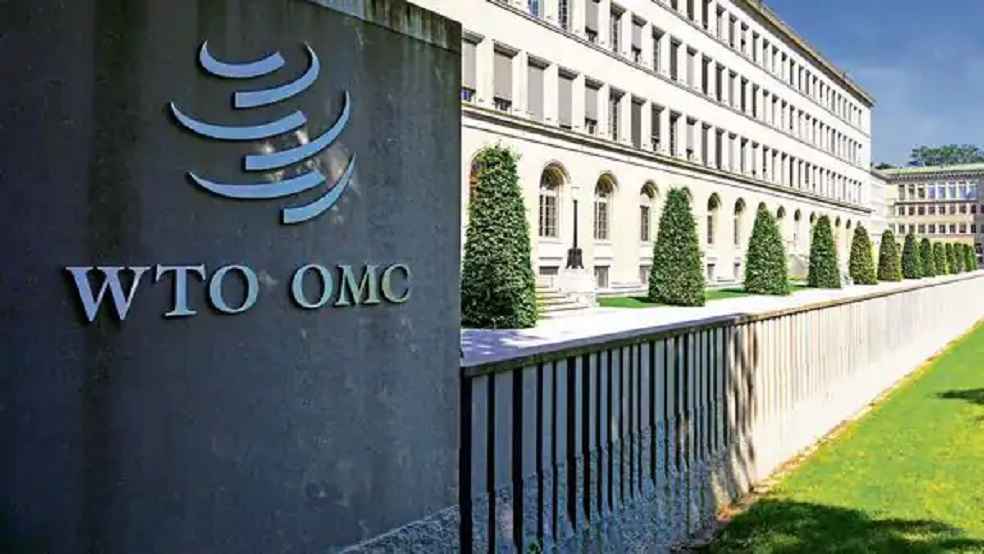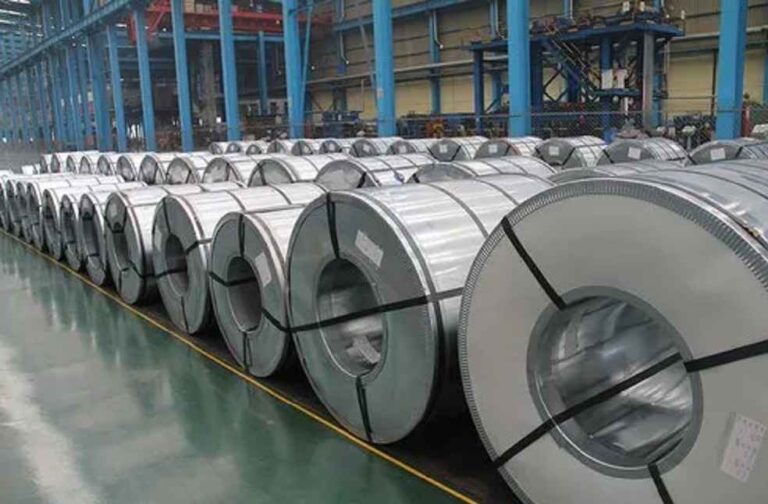Several members of the World Trade Organisation (WTO), prominently India, Switzerland, Russia, and Japan, vocalized criticism against the European Union (EU) and the United Kingdom (UK) for maintaining safeguard measures on specific steel imports. These nations argue that the measures conflict with established global trading principles.
These safeguard measures, initially enacted by the EU in response to the United States imposing additional duties on steel imports during the Trump administration, remained intact despite criticism and recent reviews. Both EU and UK authorities seem determined to maintain these protective barriers, fueling dissent among trading partners.
The imposition of restrictions on steel and aluminum by the Trump administration was a reaction to inquiries conducted under Section 232 of the Trade Expansion Act of 1962, spearheaded by Commerce Secretary Wilbur Ross. Following a determination that the importation of metals posed a risk to national security, tariffs were publicized on March 1, 2018. Trump declared a 25 percent tariff on steel imports and a 10 percent tariff on aluminum imports. These tariffs began to take effect on March 23.

India, a significant player in steel exports, especially to EU member states like Italy, where it directs nearly 6% of its steel output, has expressed significant discontent. Acting in opposition, India proposed increased customs duties on an array of UK products, asserting significant export volume reductions due to these safeguard measures.
The meeting saw a number of countries argue against the legality of the safeguard measures, suggesting a misalignment with established WTO rules and norms, which are designed to govern, facilitate, and adjudicate global trade, ensuring a level playing field for all member nations.

The persistent use of safeguard measures, designed to temporarily defend domestic industries from unexpected import surges, becomes a source of international trade conflicts when extended inconsistently with WTO guidelines. This scenario illustrates the ongoing difficulty in striking a balance between protecting domestic industries and sustaining an equitable global trading ecosystem.
The WTO’s Safeguards Committee is scheduled to meet again in April 2024, signifying a continuation of these crucial deliberations on global trade regulations and practices. These discussions emphasize the essential role of multilateral collaborations in fostering a well-regulated and fair international trading environment.
LATEST NEWS | Malaysia-Japan’s FDI Leap: A Hopeful Horizon Despite Global Uncertainties



